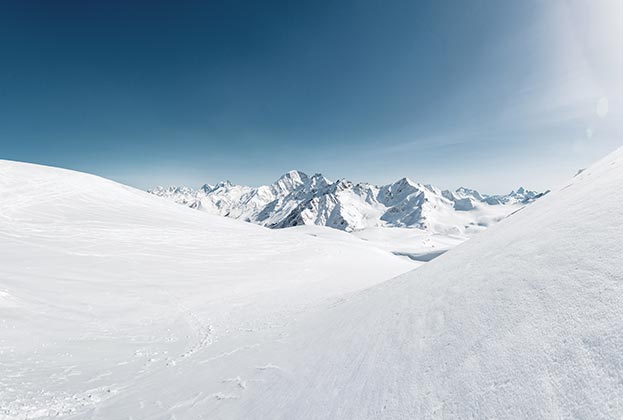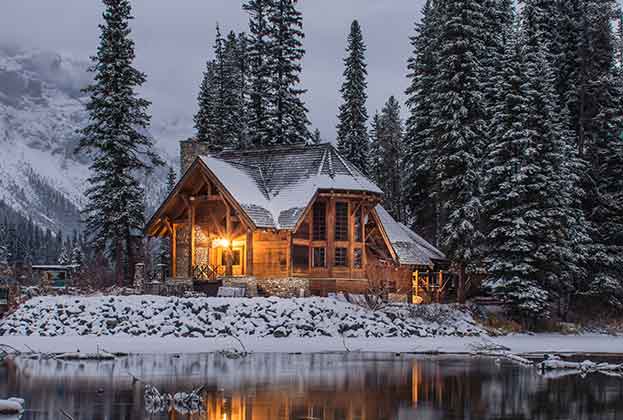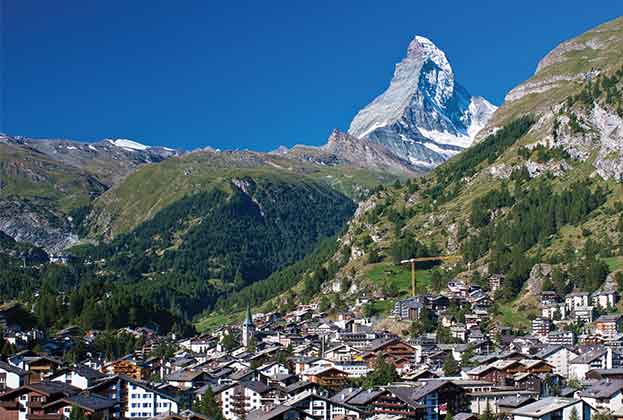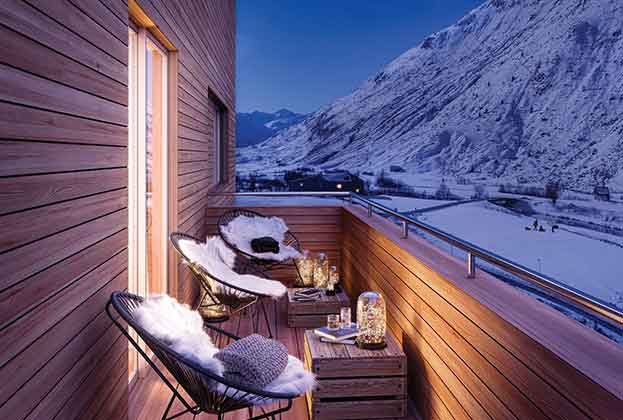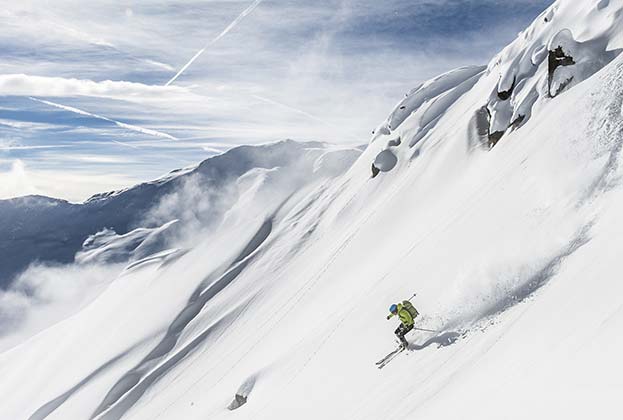The Savills Ski Resilience Index ranks 61 global resorts according to the quality and reliability of their conditions and their capacity to withstand climate change. The index’s five metrics compare snowfall, reliability, season length, altitude and temperature
Skiing is a sport that depends on reliable weather, so stakeholders in the ski industry are acutely aware of the challenges posed by global warming. The COP26 summit has only further focused attention on climate change and pushed it up government agendas. Savills Ski Resilience Index ranks 61 resorts to determine the quality and reliability of their conditions and their ability to cope with the climate challenges we face.
Zermatt holds the title as the most resilient resort due to its high altitude glacier skiing with a summit of 3,900m, affording it a particularly long season length. However, this year two new contenders have ascended into the top five: Aspen (USA) and Tignes (France) rank second and third place, respectively, thanks to low average temperatures and high levels of snowfall in the 2019/20 season.
Conversely, Saas-Fee (Switzerland), Breuil-Cervinia (Italy) and Vail (USA) all dropped slightly in the rankings due to lower levels of snowfall compared to the previous two seasons.
Japan also saw extreme snowfall last winter, with major ski areas reporting up to 40 inches over the New Year period
Paul Tostevin, Director, Savills World Research
The Alps have enjoyed high snowfall over the last three seasons, benefitting Courchevel in particular, which has risen from 44th to 23rd place, thanks to a record 735cm of snow in the 2020/21 season.
While snowfall is welcome, too much of it can be problematic. Although resorts were already closed due to Covid-19, extreme weather in the Alps during January and March this year would have brought resorts to a halt. Japan also saw extreme snowfall last winter, with major ski areas reporting up to 40 inches over the New Year period. However, this was largely welcomed with relief, as the winter of 2019 was the driest and warmest in 60 years.
Although North America also experienced some severe winter storms last season, some resorts have suffered consecutive drops in snowfall. Over the past decade, Aspen, Heavenly and Vail all saw an average decrease of 2% in snowfall. A resort’s ability to mitigate the challenges that climate change brings is therefore essential.
Read the other articles within The Ski Report below
.jpg)
